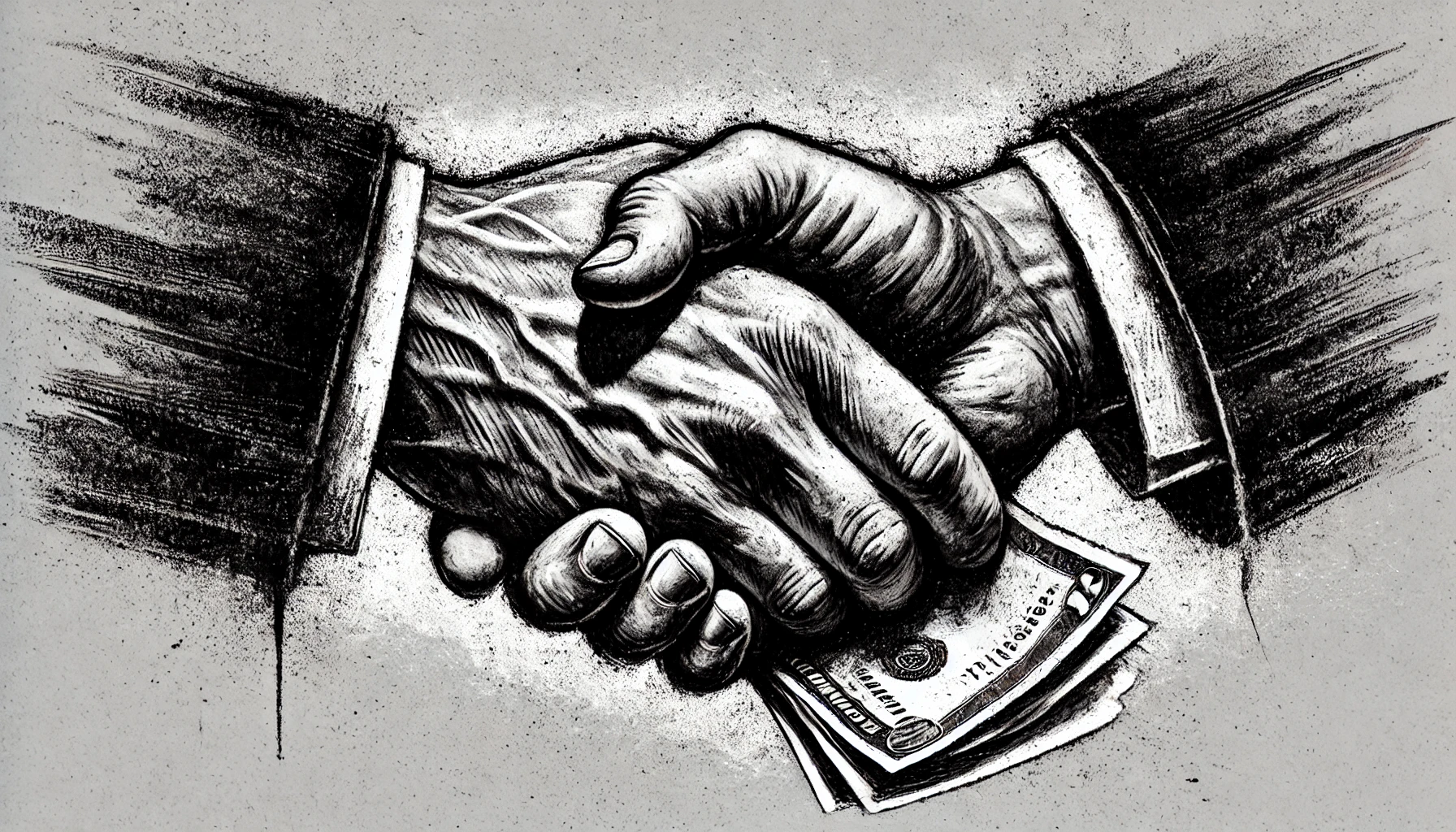Marketing
4 Essentials On How To Build a Resilient Business

We live in strange times. Virus outbreaks,political wars, and social media influencers. Running a business used to be a whole lot simpler. It no longer is.
However, there is no point lingering on what used to be. We only have now, and now requires a hell of a lot of resilience. If you’re currently running a business or want to know how to start one, then read on. You’ll be glad you did.
What is Business Resilience?
When Norman Garmezy began visiting schools across Minneapolis in the 1970s, he approached them from a novel vantage point. He wanted to find out not why some students struggled, but why some excelled in spite of struggle. In other words, he wanted to understand positive response systems.
The question of how to breed this ‘ordinary magic’ is something that has long preoccupied the mind of Taylor Fox, We Assist Co’s Chief Marketing Officer and Co-Founder.
Resilience, in Latin, means ‘to leap again’. Taylor describes it more bluntly as “knowing you’re going to have to eat some shit.”
Resilience among children in trying circumstances, and resilience in business are obviously two different beasts, but they share a commonality - the capacity to continue working with the hand you're dealt and figuring out how to play the cards for more than they’re worth.
How to build resilience
Before understanding resilience became cerebral for Taylor, it was physical. Growing up, he was obsessed with playing sports. Looking back, this laid the groundwork of his knowledge.
It gave him a deep appreciation of the importance of group dynamics and of unseen efforts. “All the things that don’t show up on stat sheets.”
Morale, not wins, is what keeps people playing, he realised. That morale is generated by the entire ecosystem – not just by the team and coaches, but also by the mothers who devote their Saturdays, the folks in the canteens, the friends in the stands. It gave him an awareness of “the importance of every member,” of valuing their different contributions.
The other key ingredient, he says, is fun. In the usually grief-laden discussions of resilience, fun isn’t a concept that often crops up – but it’s something of a secret sauce. “Getting a kick out of things is critical,” Taylor says. “To build resilience, things have to be fun.”
“We’re trying to build up stamina, not intensity for sprints.”
Sustainability in Business.
Even though his official title is Marketing Officer, Taylor describes his role more as a busboy, acting as the forward face of the company while ensuring everything runs smoothly behind the scenes. This means he’s devoted a lot of time to creating processes and structures at We Assist Co which breed care and enjoyment. Taylor sees this as the most fundamental part of his job.
“At the end of the day, we’re trying to be sustainable. A lot of people think about that in terms of products and materials, but it’s a 360 perspective of everything. That’s why it has to be fun, you have to have good people around you, you have to enjoy the game, or else it’s not going to be sustainable.”
How to deal with failure.
“The way you deal with failure determines your success,” Taylor says. This maxim holds especially true in business. Failure is a friend, not a foe.
Taylor has seen the fear of failure manifest itself in many ways – sometimes it stops people from taking the leap, and other times it arrives in the form of self-sabotage.
This fear, he says, isn’t an individual shortcoming but a cultural phenomenon. As a society, Taylor is baffled about the stigma that remains around the subject, and the way we venerate success and ignore all the missteps on the journey there.
Rather than something shameful, Taylor sees failure as an inevitable fact of life. “Things sometimes don’t work,” he says. “You have to be comfortable with it.”
When it comes to building a business, you will sometimes fail - “especially in the first two years,” he adds. COVID-19 has made that painfully clear.
“There is just some stuff that is completely outside your control.”
The key, Taylor says, is to learn to not take failure personally. This, of course, doesn’t mean neglecting to learn from it. It’s crucial to take stock of what went wrong, so it isn’t repeated.
At the end of the day, treating failure as a learning curve rather than a manifestation of personal defects is vital.
“There is no failure unless you stop.” The longer you’re at the table and in the conversation, the further you’re going to go, he adds.
Collecting Wisdom.
From his roots in playing sport, Taylor’s interest in building resilience (and his psychology degree) grew, seeing him scouring numerous books and resources for answers. “There are so many smart people who’ve gone through what you’re going through,” he says. The wisdom he’s gleaned can be boiled down to a few important patterns and behaviours.
Build self-belief.
As Taylor puts it, “when you shoot, you need to believe you’ll score”. Whether or not you do it is less important than developing trust in yourself and your capabilities. “Having your intent is going to dramatically change your outcomes.”
The other, crucial side of this coin is self-awareness. Creating space for honest self-reflection, says Taylor, is imperative. While total objectivity is unrealistic, being conscious of what’s driving your decisions is a skill that can and should be developed. The further away people are from objective reality, the harder it is for them to be resilient, because their expectations are out of line.
Coming to the level of external behaviour changes, Taylor is an advocate for always starting small. Focus on micro changes, things like habits and rituals, rather than planning to reform your entire approach overnight.
Finally, be impeccable with creating your world. Part of that is building in systems of accountability, making yourself visible in the work you do. Things, Taylor says, like having your calendars and schedule on display.
Easier Said Than Done.
In theory, the solutions are clear. “The hard part is the application of it,” Taylor says. “The answers are usually incredibly simple but doing them is fucking tough.”
Which is why Taylor believes it’s so important to have a team to share the load. After pouring your heart into your business, laying it bare to an indifferent, often cruel world isn’t easy.
Having built up We Assist Co alongside business partner Oscar Langoulant from the beginning, he knows how much goes into starting a company. “We’re going through the same process because we’re people as well” he says.
This mirroring between internal and external, Taylor says, has helped breed empathy and understanding. It also helps to create a community founded on shared experience and desire between We Assist Co and its clients.
What he wants We Assist Co to be for businesses is a support structure. “We build that pit crew”.
That, for Taylor, involves mapping practical paths towards realising visions, as well as holding a mirror up and creating space for compassionate accountability. “Someone who will give that good nudge” is how Taylor describes it.
“High tides raise all ships."
A resilient business goes far deeper than the business itself. It’s the people and their strength to push through adversity that matters. People that see a challenge not as an obstacle, but as a new way to grow.
That’s what makes a resilient business.
The Bottom Line.
Curious to find out how we can assist you in growing your business? Use the contact form below to get in touch for a complimentary business consultation!


